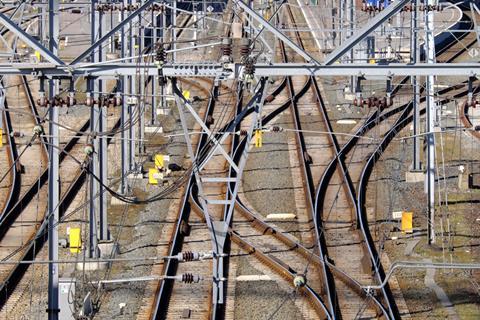Union says former landowners should be front of the queue for return of land
The NFU has called for greater clarity and swifter support for farmers and growers surrounding the return of land that had been compulsory purchased ahead of the second phase of HS2.

In a letter to secretary of state for transport Mark Harper, NFU vice president David Exwood highlighted the urgent need for government to develop a transparent policy to enable the sale back of land taken from farmers and that former landowners are given the first refusal to buy back that land.
“As farmers, we recognise the importance of infrastructure development, but many have been left with more uncertainty and delay after part of HS2 project was cancelled,” Exwood said. “Farmers and growers must have a fair and swift resolution when it comes to land compensation and restoration.
“The NFU is urging the Department for Transport to accelerate the process of returning land to former landowners as swiftly as possible. The longer the delay in getting this process up and running, the greater the chance of issues arising which will make it more difficult to return land in an efficient and satisfactory way.
“To provide clarity and certainty to affected parties, the NFU calls for the Department for Transport to lift safeguarding measures on land taken for Phase 2a in the coming weeks and no later than next year for Phase 2b, as stated in the government’s latest paper ‘Network North: transforming British transport’.
“We must have a transparent process that allows former landowners the first refusal to repurchase land taken under compulsory purchase. It is important that DFT communicates with landowners affected as soon as possible to start to understand the many different scenarios that landowners find themselves in, with many issues that will need to be addressed. This will help to lead to a fair and equitable outcome for all parties involved.
“The current level of uncertainty surrounding the HS2 project is unsettling for many members and the broader community, and it’s essential that the many farm businesses already so badly disrupted by this project can start to rebuild their businesses and get back to doing what they do best – producing climate-friendly and nutritious food for the country.”



